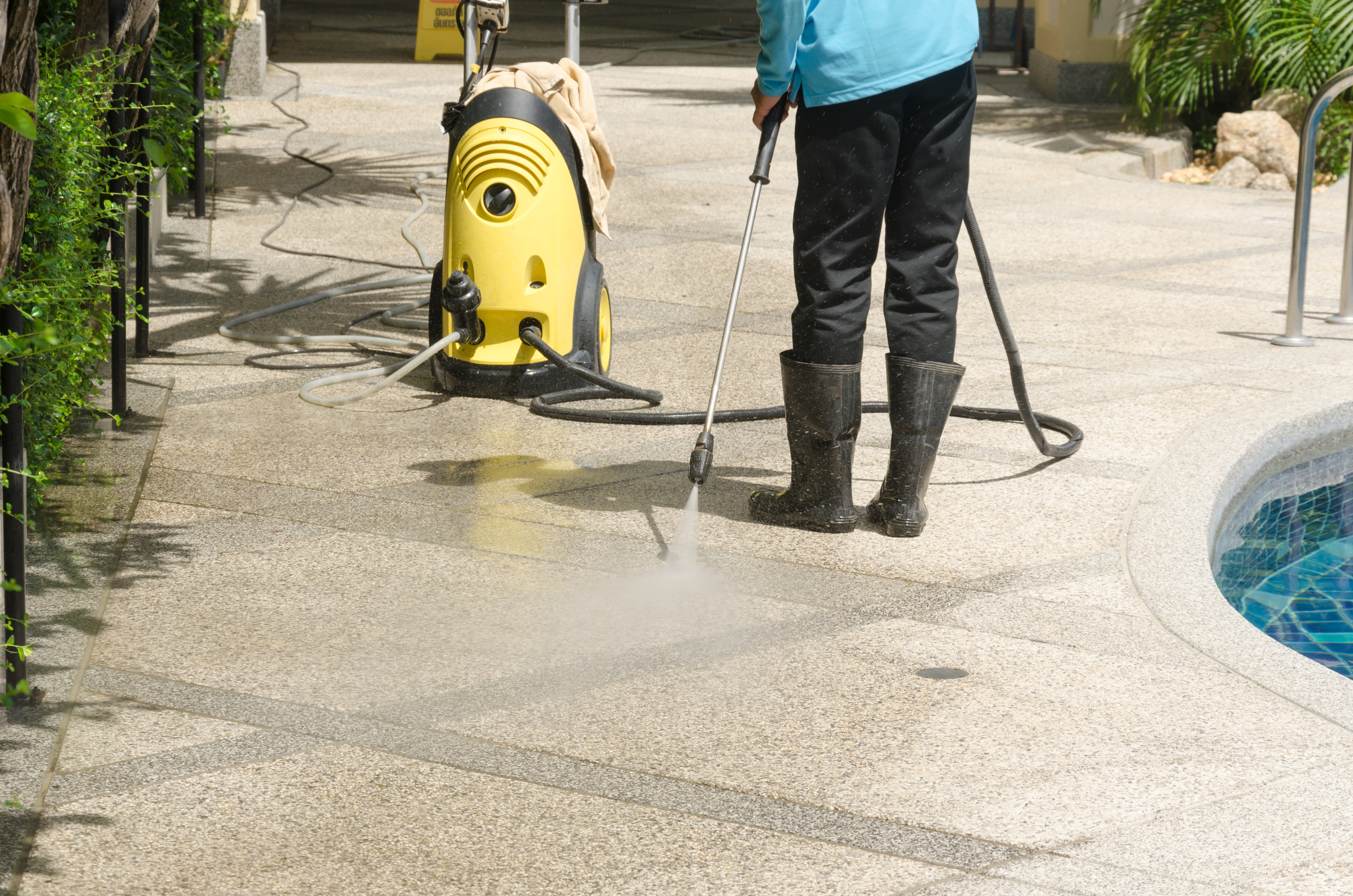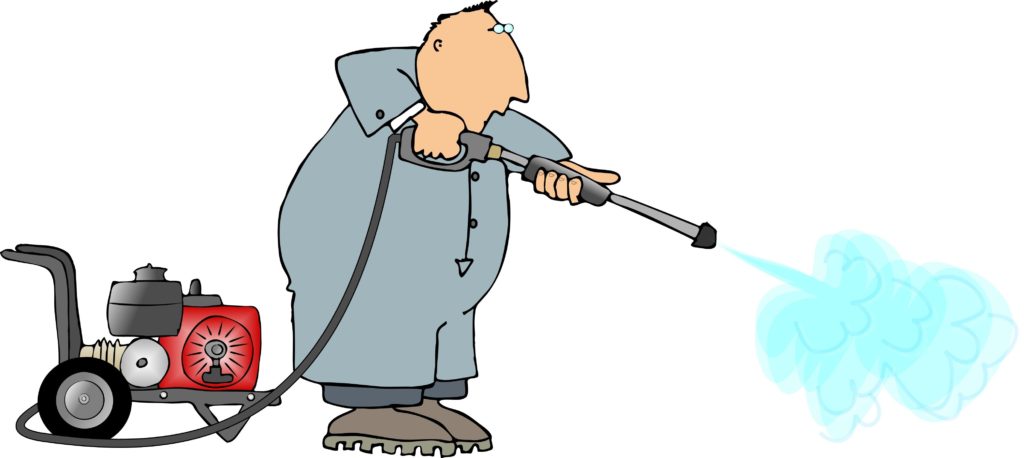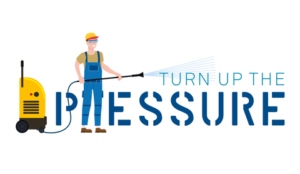
You are going about pressure washing when all the sudden a loud bang echoes through the air. It sounds like a gun, but it definitely came from the pressure washer. It is a backfire. Or lets say you just finish power washing, and right after you turn it off the engine makes those same noises a couple of times before shutting down. That is an afterfire.
A pressure washer backfires if the speed of the engine is decreased too quickly, if the engine is running too hot, or if there is left over fuel in the line which will be burned, resulting in a loud sound. This can be remedied by decreasing the throttle speed slowly.
There are a couple of reasons that such after fires and backfires could be happening, and so it is important to understand why they are happening and what you can do to fix the situation.
Backfire vs Afterfire
Backfire is defined as “[an engine] undergoing a mistimed explosion in the cylinder or exhaust” source. This happens while the engine is still running. The intake valve is open and fuel is burned and shot back out the intake. This can cause problems in both small engines and pressure washers alike. Similar to this, but an important distinction is that there is also something called an afterfire. An afterfire is when the engine makes loud bangs after you have already turned off the engine. This is not really a problem, and normally happens after use in a high performance engine.
It is important to understand both of them and what causes them, as well as what you can do to fix the problem. Once we understand how they are different, it is easier to find solutions and causes. Backfire and afterfire are often seen as the same thing, yet one of them is harmful to your engine while the other is almost a sign of strength.
Causes
First, lets talk about the causes of backfiring in your pressure washer. There is a multitude of things that could be causing an engine to backfire. Each you can try and fix and find potential solutions too.
- Bad Engine Timing is a problem which leads to backfire. Normally, on vehicles, pressure washers, and other small engines an engine propels a car or machine forward or into action by a combustion which happens inside each cylinder. This combustion only occurs if the correct ratio of fuel, air, and heat are allowed into the chamber at once, creating an explosion. Most vehicles, for example, manage there timing with a computer, but if they don’t the timing can be slightly off, which leads to excess fuel running into the exhaust pipe. Once it is there, it is exposed to air and heat as it travels to the end of the pipe and will combust just as it would in the chamber, except that it has escaped, creating a loud boom and potentially fire.
- Rich Fuel is another common reason for a backfire to occur. This occurs when there is to much fuel in the engine and not enough air, leading to extra fuel which will go down the exhaust pipe and combust.
- Muffler construction
- Lean Fuel mixture is the opposite of rich fuel and is when there is to much air in the engine, and not enough fuel. This makes it so that each time the cylinders spark it doesn’t ignite all the fuel at once, leaving extra fuel to leak out the exhaust and combust.
- Too high of temperature in your engine
- Older Engines – older engines or older makes of pressure washers will not have the same capacity to time the ignition as modern engines. This is because new engines use a computer to time it, which we already talked about, while older engines will need to be adjusted from time to time to ensure that the timing is correct.
- Lowering Engine Speed quickly
Next, we can talk about what causes afterfire. These noises are taking place after the engine has already been turned off, while the sounds of a backfire happen while the engine is still running.
- If you shut off the engine while it is running at a high RPM, it will still be pushing fuel through the engine and not be able to ignite it because it is turned off and then it bangs loudly as the fuel reaches air and the heat of the exhaust.
- There are also a variety of different kinds of gasoline that contain alcohol, these have a greater possibility of igniting and therefore while cause a couple of loud booms after you have shut of the engine.
- A faulty anti-after fire solenoid can also lead to afterfire. An anti-after solenoid “is a device that shuts OFF the fuel at the carburetor to prevent the engine from receiving fuel after the ignition switch is shut OFF” source. If this goes back or starts not working, it will lead to a higher number of after fires.
Solutions

Now for the solutions, we have talked about what can go wrong and how it goes wrong, but what is most important is that you are able to fix it!
For backfiring, you can start by ensuring that you slowly power down your engine rather than doing it abruptly, and you can switch to a fuel brand which contains less alcohol. You can also get your engine adjusted or tuned up to ensure that all the timing is happening correctly. If you still run into difficulties you may be having problems with the airflow sensor or a clogged air filter. Look into both of these and ask a professional if needed.
For afterfiring, you can try the suggestions for backfiring as well as checking the anti-afterfire solenoid to ensure it is working properly. Afterfire is no real cause for alarm though and just goes to show how well your pressure washer is pushing fuel thorough the engine. If the pressure washer does have an anti-afterfire solenoid than you can shut if off while still at full throttle.
